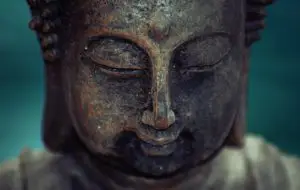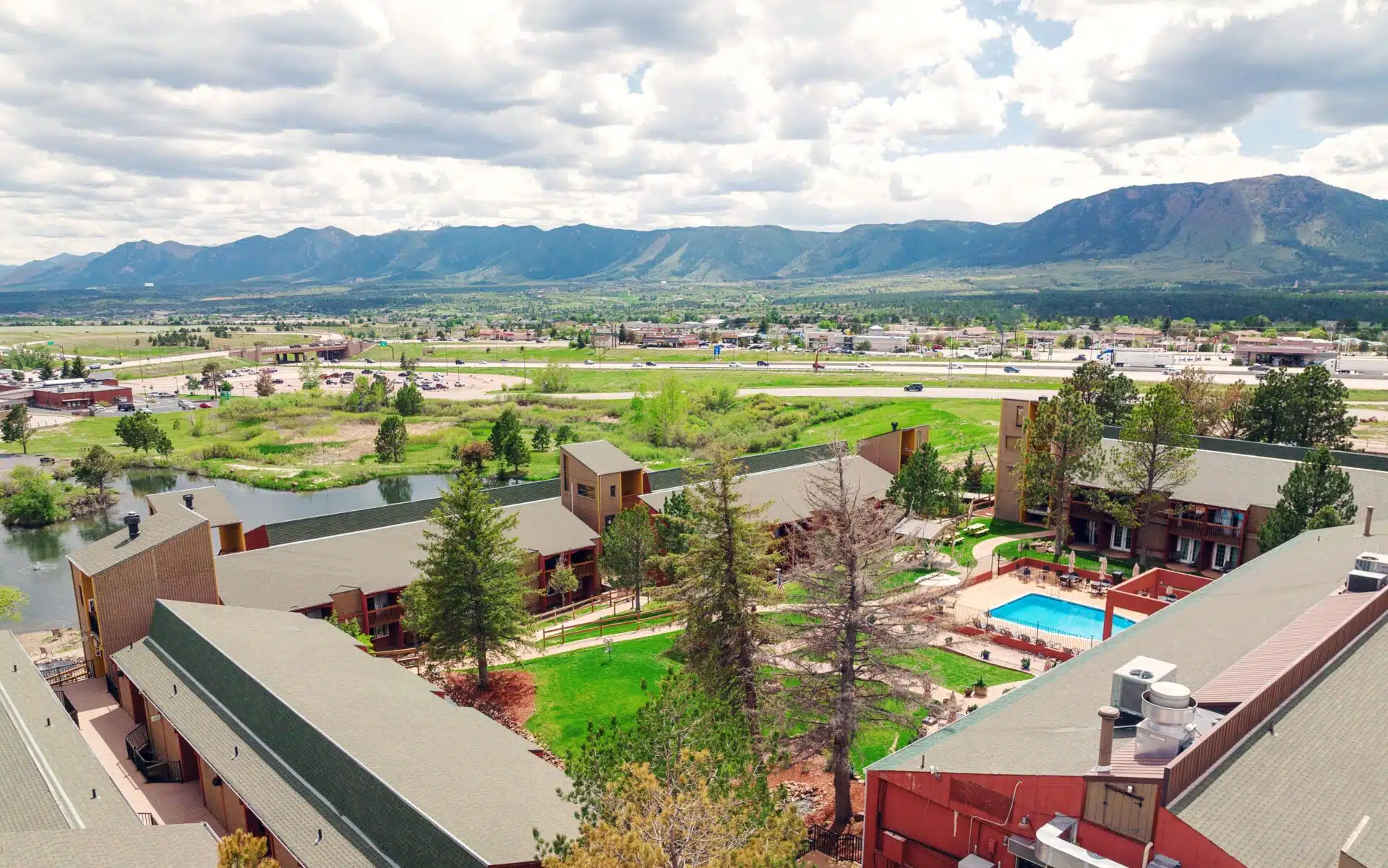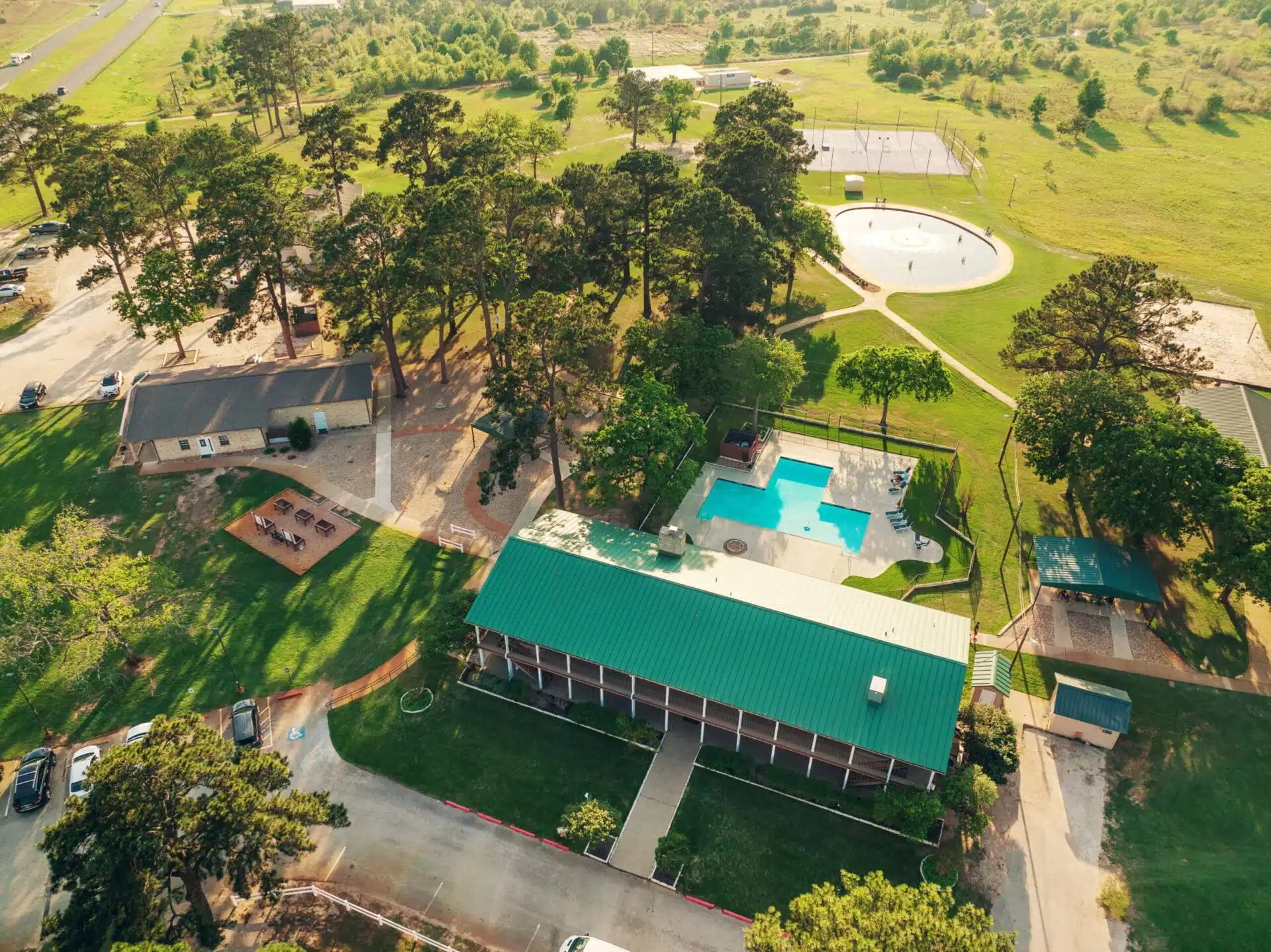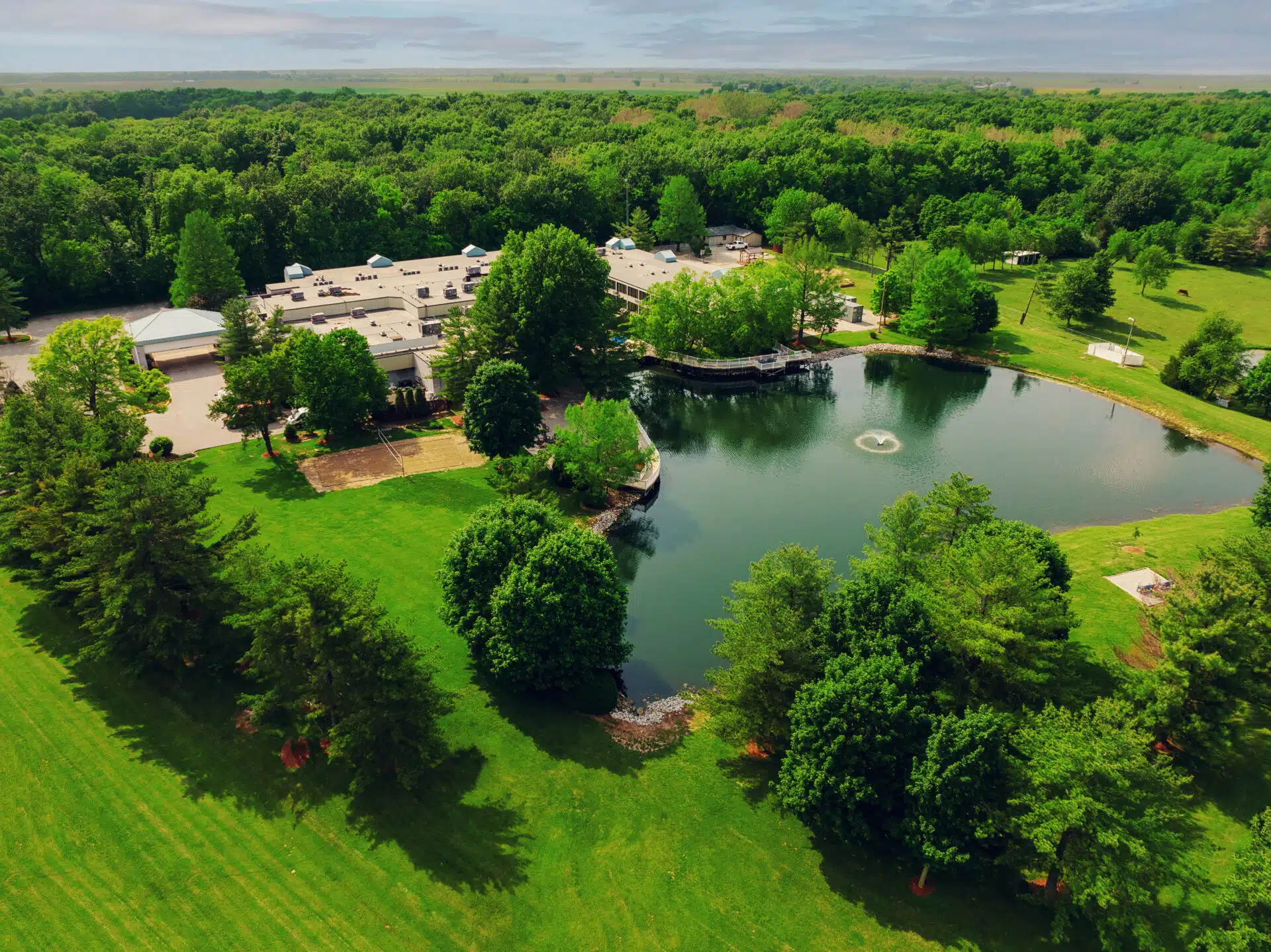
Refuge Recovery: A New Way to Fight Addiction
Buddhists have been known to be very insightful, wise, and peaceful people. This Eastern religion/philosophy has become well known throughout the entire world. Buddhists believe in keen self-awareness and meditation with their guiding principles and “truths,” beginning with the internal acknowledgment that extends into the world around them. Buddhists use meditation and introspection to handle the world with care and meaningfully to not bring pain or negativity to themselves and the external world.
Regarding treatment programs for addiction, refuge recovery has found that this path to sobriety helps addicts because they begin to learn tools that allow them to gain a new awareness of themselves and the people and environment around them. They must garner a deeper level of understanding of how addiction has negatively impacted their mind, body, and spirit and how it has impacted the people they have interacted with.
Refuge recovery believes that all individuals have the internal power to rid themselves of the pain and suffering caused by addiction. Through meditation and other Buddhist principles, people in the thralls of addiction or on the long path of recovery can train their minds and hearts to shed the pains and delusions of their lives and see their life and the world more clearly. You are taught how to acquire understanding and utilize non-harming methods to deal with the stresses of life.
The Eightfold Path
The Eightfold Path is the steps taken to achieve peace and enlightenment, which leads you to nirvana or the state of perfect happiness, which is the final goal in Buddhism. The eight steps or aspects of life that must be taken are right views, speech, intention, action, effort, livelihood, mindfulness, and concentration. The idea of refuge recovery is based on these eight practices but is catered to help addiction recovery. Each part of the program is to occur simultaneously versus the 12-step program, where each step must be completed successfully before moving to the next one. Going through this program helps you sustain change beyond the drug addiction and through the rest of the recovering addict’s lifetime.
These principles are:
Understanding – The acceptance that recovery begins with admittance, the renouncing of addictive behaviors, and then abstaining from all addictive behaviors and substances. Here is where acknowledgment and reality of the life the addict is living and the ongoing struggles they have been having in life and in their addiction.
Intention – Here is where the recovering addict moves with purpose and intention towards a lifestyle rooted in non-harming and shifting the mind toward a healthier way of thinking and developing positive habits.
Communication/Community – The value is placed on taking refuge in the community where an addict can hone their skills and practice wise, honest, and careful communication. This principle allows people in this community to lean on and learn from one another.
Action – In this phase, recovering addicts abstain from any and all behaviors and substances that could directly lead to suffering. The process of intentional forgiveness of yourself, people who have harmed you, and those you have harmed.
Livelihood/Service – Working and earning income is important to the recovery process. Looking at the addict’s relationship with money is a priority. Also, giving of time, talents, and service are all a part of this phase of recovery.
Effort – This is the commitment to daily discipline in the practices of meditation, exercise, kindness, wise actions, forgiveness, generosity, appreciation, compassion, and mindfulness.
Mindfulness/ Meditation – The development of understanding and wisdom through the disciplined practice of mindfulness meditation which is the practice of being aware of each precise moment.
Concentration/ Meditation – The ability to focus your mind on a single thought, object, or phrase, like breathing, is a learned skill. The person in recovery’s positive qualities and thoughts is what looked to be achieved in this phase.
Meditation
Meditation is a guiding principle in Buddhism and, therefore, a guiding principle in a refuge recovery program. Meditation is simply a way of training your mind in awareness of your thoughts. Many people mistake meditation for turning off your thoughts, but that is not the case. It is more about understanding and seeing your thoughts through a lens void of judgment and emotion. This ultimately helps you better understand your thoughts and, in turn, the world that surrounds you.
Meditation is a skill. You must learn how to do it, just like you had to learn to tie your shoes. It is something you must work at. You cannot do it once or twice and feel like you have it down. Eventually, though, if you learn how to meditate, it will become second nature, just like tying your shoe.
Community is Key
In a refuge recovery program, like the 12-step program, they strongly believe in the principle of recovering addicts helping recovering addicts. Because of this belief, an extensive community of support holds meetings, educates addicts, and, through Buddhist principles, provides them a space to recover from their addiction. If this is a program you may be interested in, our rehab centers have several Holistic treatment programs that we can base around refuge recovery.
A Message From Our CEO
Medical disclaimer:
Sunshine Behavioral Health strives to help people who are facing substance abuse, addiction, mental health disorders, or a combination of these conditions. It does this by providing compassionate care and evidence-based content that addresses health, treatment, and recovery.
Licensed medical professionals review material we publish on our site. The material is not a substitute for qualified medical diagnoses, treatment, or advice. It should not be used to replace the suggestions of your personal physician or other health care professionals.





